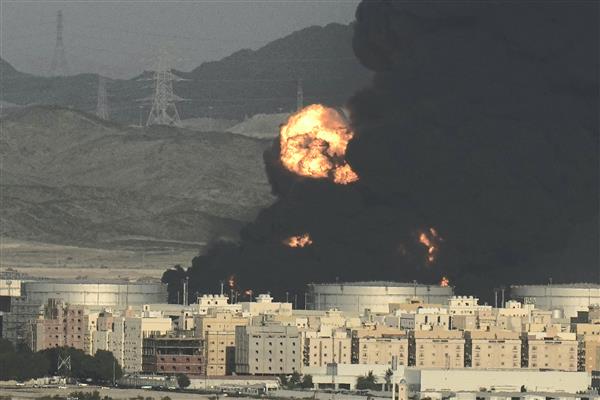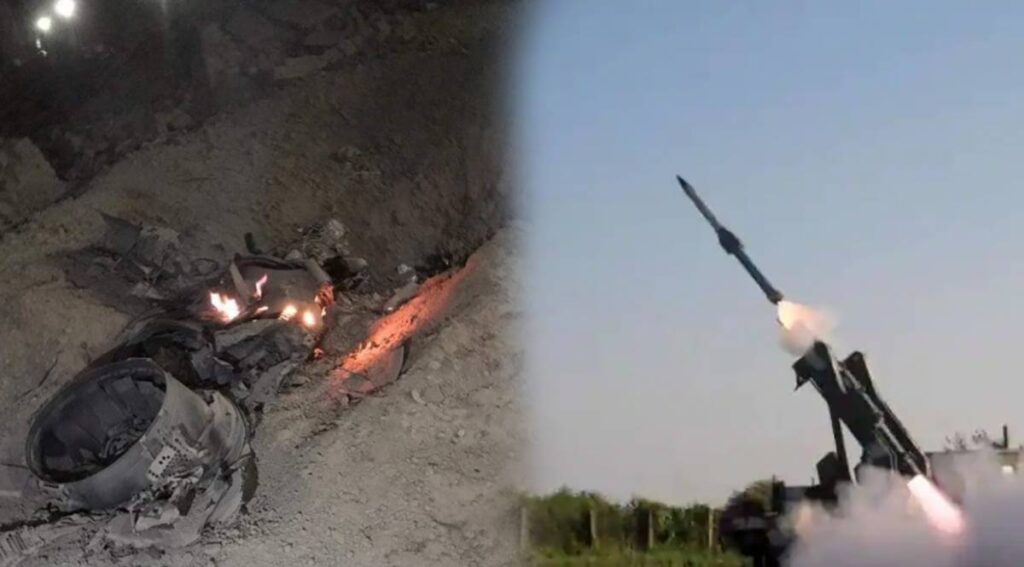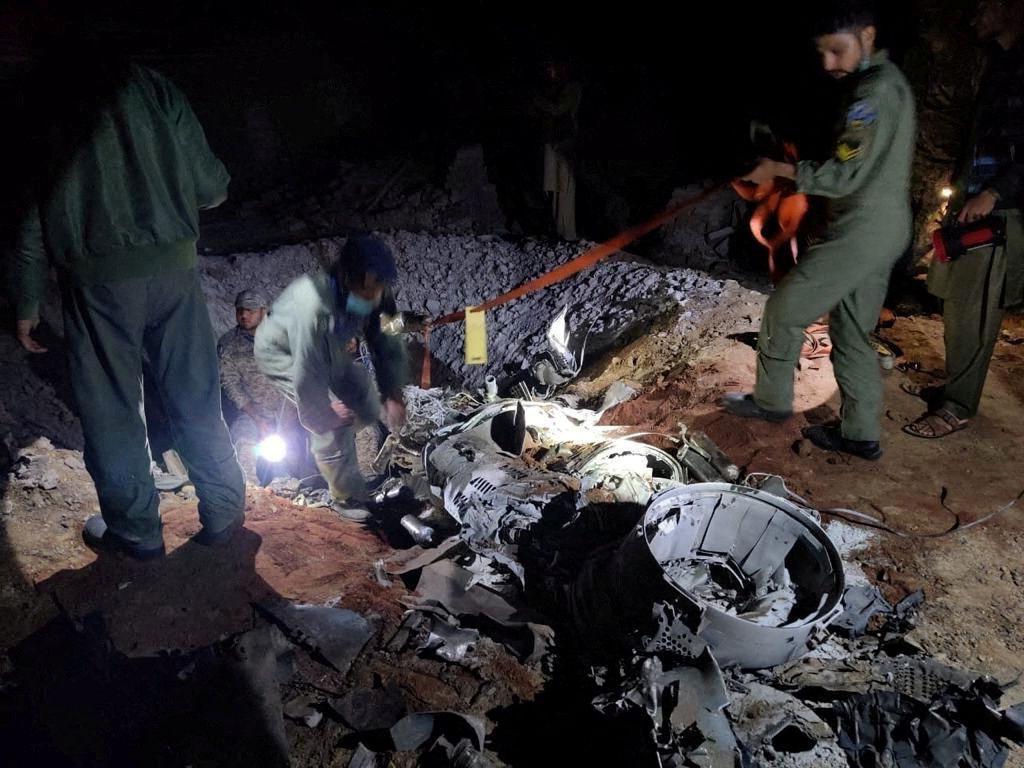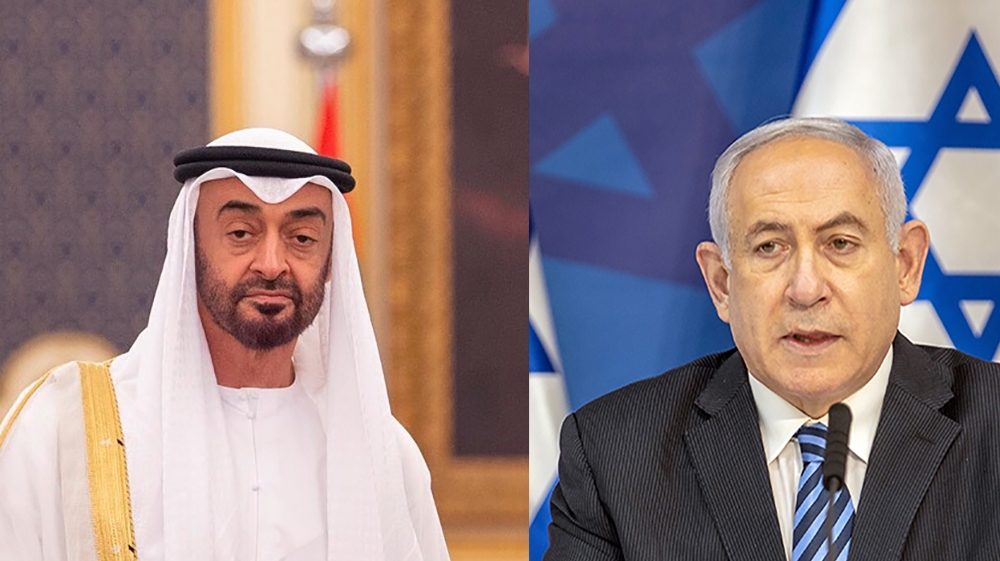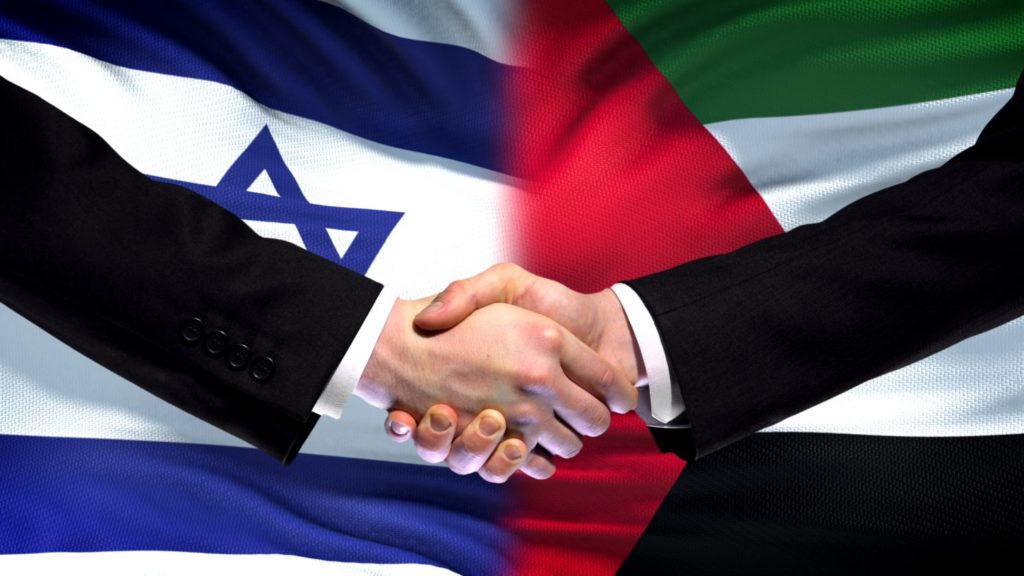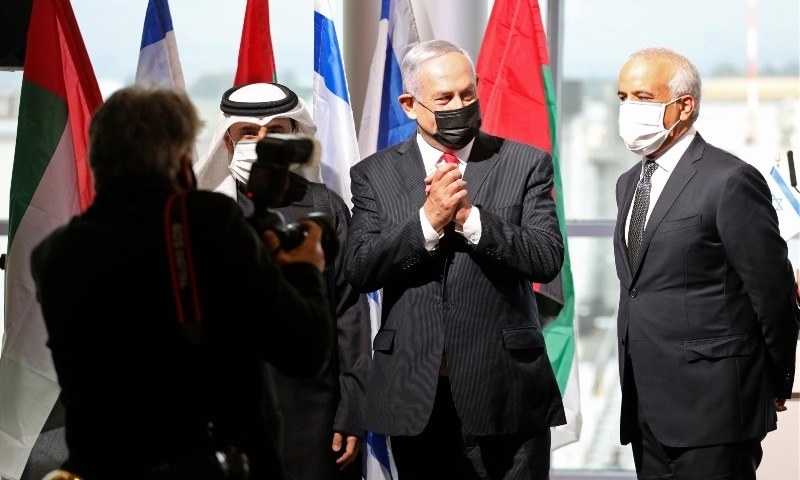Education Under Attack in Afghanistan

As we all know that the education is the base of human. In the 21st century is totally unbelievable to image a person without education. In Afghanistan the new Taliban government banned the education on girls. Almost three week has passed since the Taliban reneged on its promise to reopen schools for girls from the sixth grade. The international community has sharply condemned the Taliban for the U-turn, and teenage girls have taken to the streets of the Afghan capital in protest, demanding a right to education. After the Taliban swept back to power last August, the group banned most girls aged 12 and above from attending school.
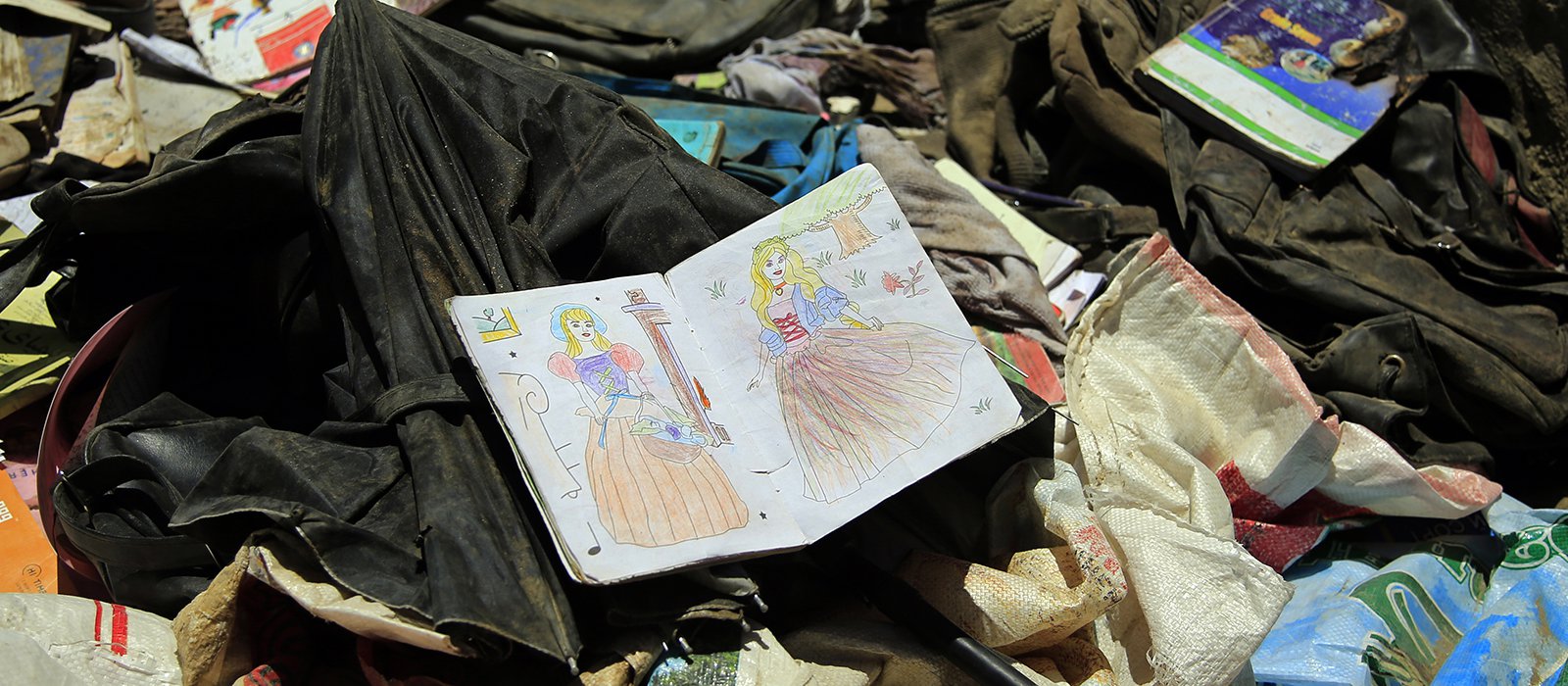
The Women Rights campaigners while expressing their views say that the ban on girl’s education will not only taking the Afghanistan into more economic crisis. Afghanistan is already going through serious humanitarian crisis and the world is helping them in different ways at multiple points. People of Afghanistan are facing huge food shortage and also the shortage of educated persons. According to UNICEF More than 1 million Children’s under the age of five are acutely malnourished. U.N. refugee agency said that more than 24 Million Afghans are in need of vital humanitarian aid they are living their lives below poverty line. The Taliban have banned women from most forms of paid employment, with the main exceptions being teaching girls and providing health care to women. Girls and their families have little incentive to make the major sacrifices often required for them to pursue and complete education when the career they dreamed of is off limits.
The Taliban’s reversal on schools, seen as a bid to appease hard-liners within its ranks, will likely disrupt its efforts to win recognition from international donors. Given the humanitarian crisis, the U.N. agreed to pay the salaries of school teachers though that did not seem to be enough to convince the Taliban to keep to its word. Afghanistan Ministry of Education published a notice and expressed their views on ban of girl’s education, the schools for girls would be closed until a plan was drawn up in accordance with Islamic law and Afghan culture. Girls and boys will be educated according to the Islamic way nor the international way. This is alarming situation for the Afghans banning the education system will directly impact their economy. This is clearly showing the Taliban’s misogyny and demagoguery. It’s obvious that over the years that economic hardship, insecurity and conflicts decrease in areas that have higher levels of girls’ education. Of course, the Taliban will continue to negotiate, but they will face backlash. They have lost even more credibility and not taking the economic disaster seriously.

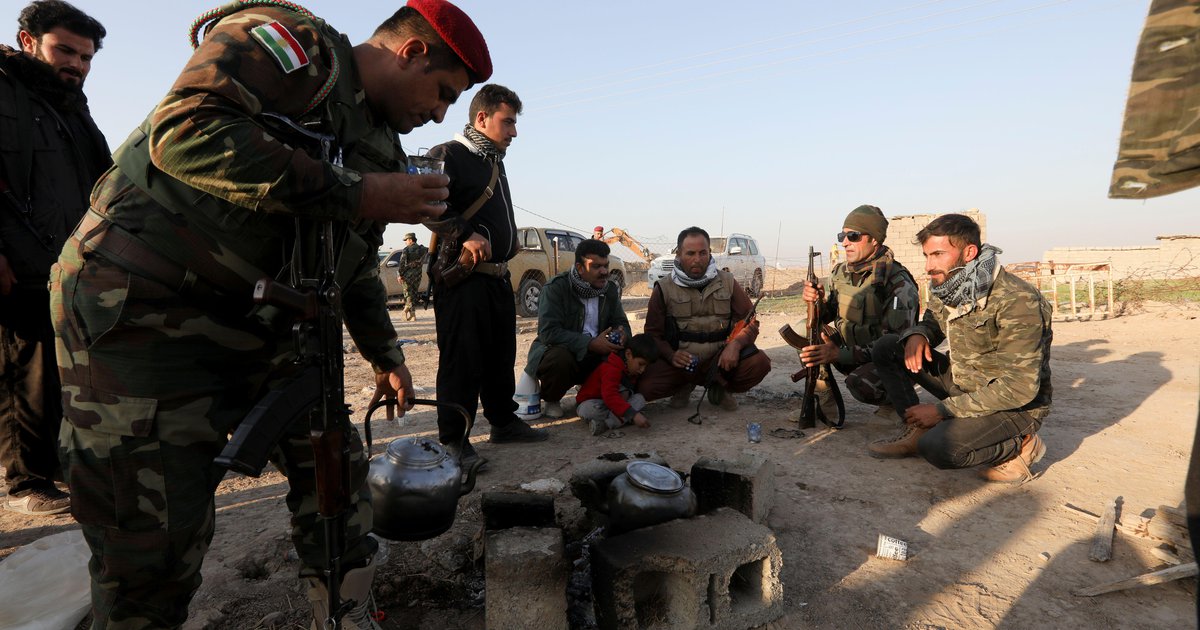

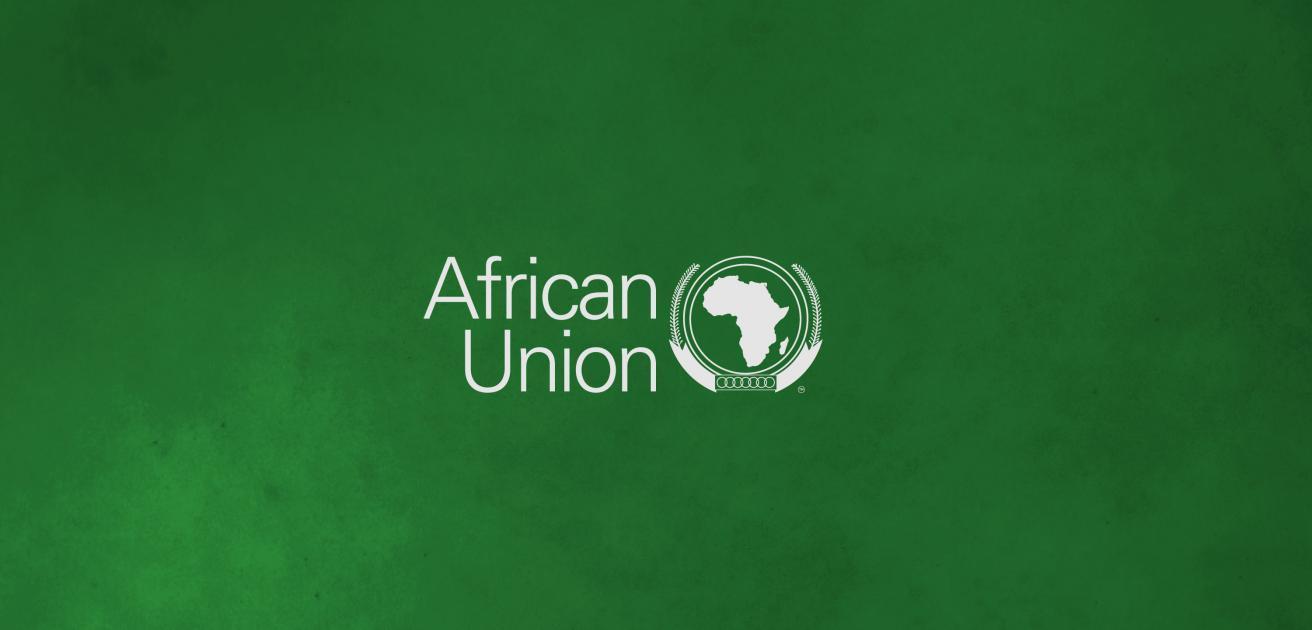


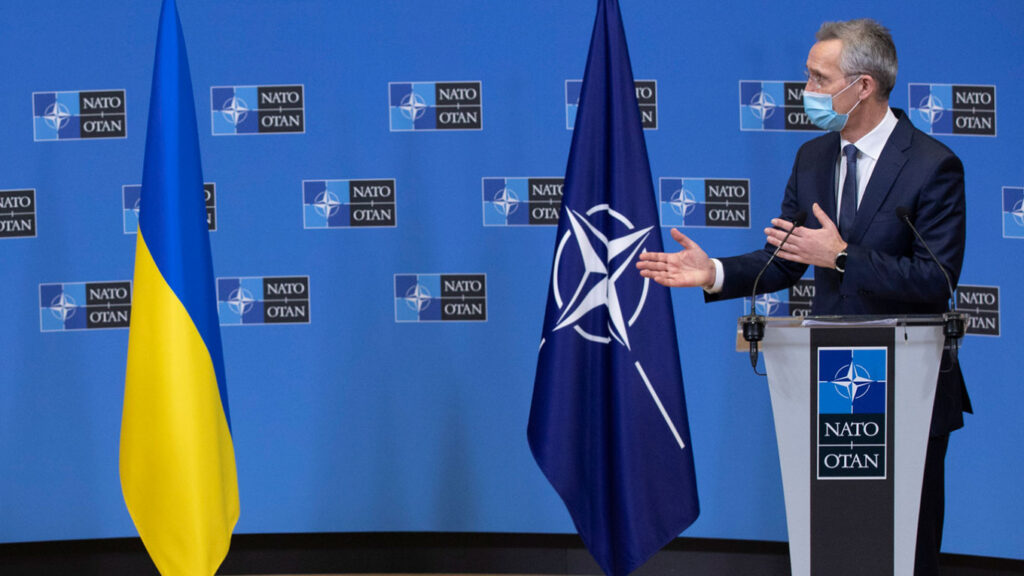
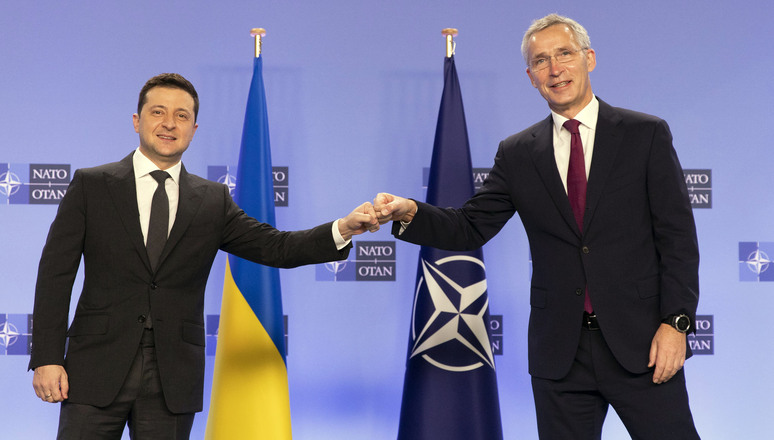

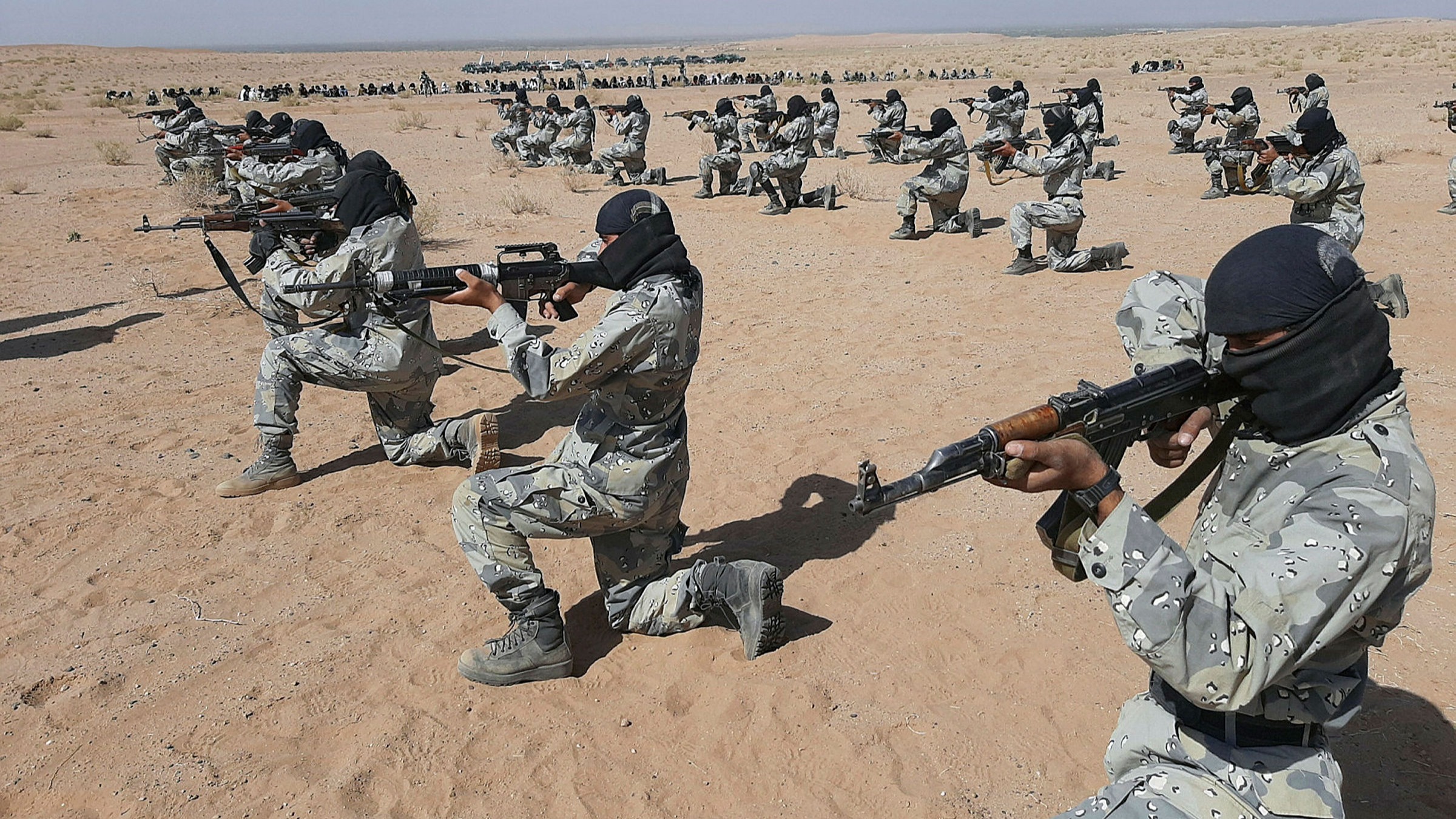 US intelligence and officials have suggested the presence of militant groups including Daesh in Kabul. Moreover, various reports including United Nations Security Council pointed out the active status of almost two dozen militant groups. This has posed a serious threat to region stability and particularly Pakistan’s security. Pakistan is needed to work in a specified way for threat across the border that is extended to its own territory. This is a worrisome situation regarding security as these groups might reorganize themselves against Pakistan and can bring a surge in terrorists and other activities as:
US intelligence and officials have suggested the presence of militant groups including Daesh in Kabul. Moreover, various reports including United Nations Security Council pointed out the active status of almost two dozen militant groups. This has posed a serious threat to region stability and particularly Pakistan’s security. Pakistan is needed to work in a specified way for threat across the border that is extended to its own territory. This is a worrisome situation regarding security as these groups might reorganize themselves against Pakistan and can bring a surge in terrorists and other activities as:
